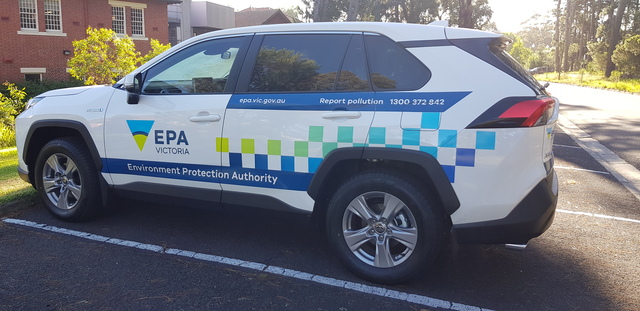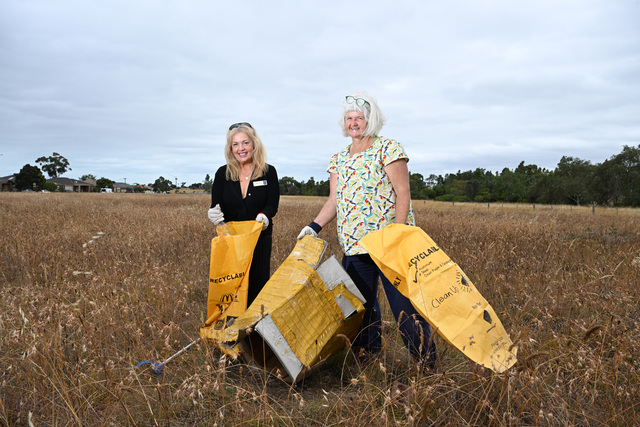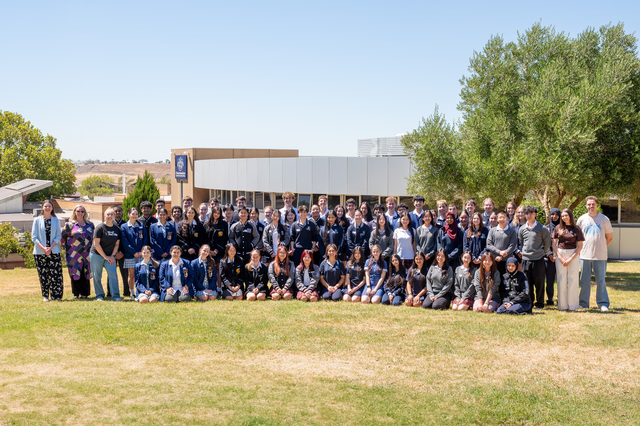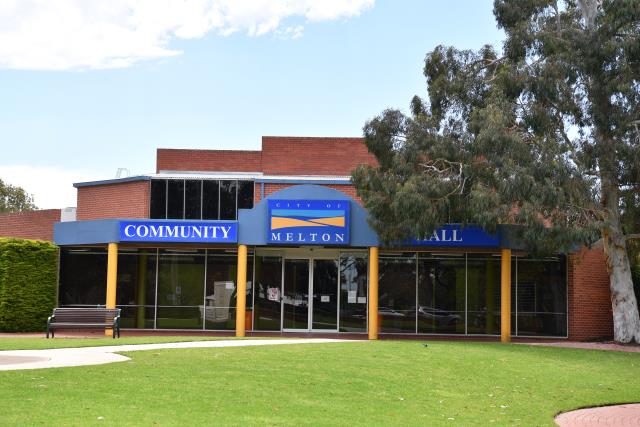Leading social housing support agencies in Brimbank are calling on the state government to reverse cuts to the Social Housing Advocacy and Support Program (SHASP) following release of a report highlighting the program’s success.
Wombat Housing & Support Services and the Salvation Army’s Social Housing Service (SASHS) in Sunshine supported more than 630 households under SHASP in the last financial year. In 2012, funding for the program was slashed from $7.8 million to $4.7 million.
According to SASHS support services co-ordinator Keith Hunte, the cuts meant some services could no longer be provided.
“We deal with clients with high support needs who present challenging behaviours such as substance abuse, family violence, mental health and hoarding,” he said.
The three-month study by the SHASP managers network found 78 per cent of public housing tenants supported by SHASP avoided eviction and 73 per cent engaged in repaying rent debts.
Wombat executive officer Steve Maher said SHASP had a proven track record.
“It’s been enormously successful in working with public housing tenants to keep their housing by helping them catch up with rent or deal with other matters that put their housing at risk,” he said. “It keeps people in their homes.”
The study found that only 3 per cent of clients were evicted or relinquished their tenancy.
A Department of Human Services study found that supporting an evicted tenant through homelessness services cost more than $34,000 a year. For SHASP, which comes under the department’s umbrella, the cost is about $1958 for each client.
A department spokesperson said not all SHASP funding assisted high-risk clients.
“Funding was also used to manage community facilities, tenant participation and assistance with early housing applications,” he said.
“The state government is currently spending approximately $80 million to support and manage tenancies in social and private rental accommodation. This includes nearly $5 million in SHASP funding.”
















